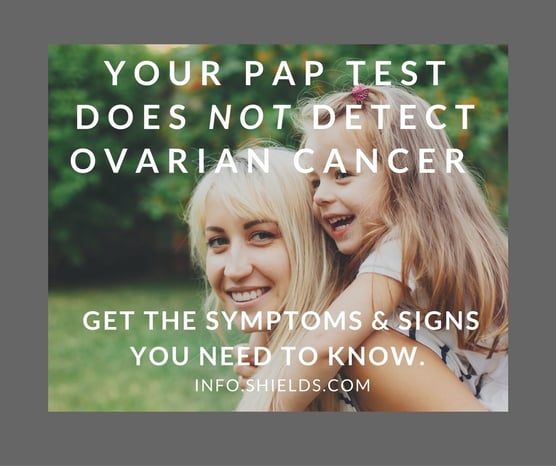 Ovarian cancer is a disease in which cancerous cells are found inside or near the ovaries. Early detection for ovarian cancer is very important, in fact, when ovarian cancer is diagnosed and treated in the earliest stages (stage I or II), the five-year survival rate is over 90 percent, this is compared to a survival rate as low as 28 percent if caught in stage III or higher.
Ovarian cancer is a disease in which cancerous cells are found inside or near the ovaries. Early detection for ovarian cancer is very important, in fact, when ovarian cancer is diagnosed and treated in the earliest stages (stage I or II), the five-year survival rate is over 90 percent, this is compared to a survival rate as low as 28 percent if caught in stage III or higher.
An estimate one in 75 women will develop ovarian cancer during her lifetime and in women ages 35-74, ovarian cancer is the fifth leading cause of cancer-related deaths. Helping to identify the signs and symptoms of ovarian cancer can help women identify it in its earliest state and increase their likelihood of cancer survival. Ovarian cancer can be difficult to detect simply due to the fact that the ovaries, located on either side of the uterus, are deep within the abdomen. However, the symptoms listed below are often identified as some of the earliest signs to look for:
OVARIAN CANCER SYMPTOMS:- bloating
- trouble eating or feeling full quickly
- pelvic or abdominal pain
- Feeling the need to urinate urgently or often
- fatigue
- upset stomach or heartburn
- back pain
- pain during intercourse
- constipation
- menstrual changes
- genetic predisposition
- personal or family history of bresat ovarian or colon cancer
- increasing age
- undesired infertility
- all women are at risk
- symptoms may exist - they can be vague, but increase over time
- early detection increases survival rate
- a Pap Test DOES NOT detect ovarian cancer
sources: ovarian.org; radiologyinfo.org; shields.com



